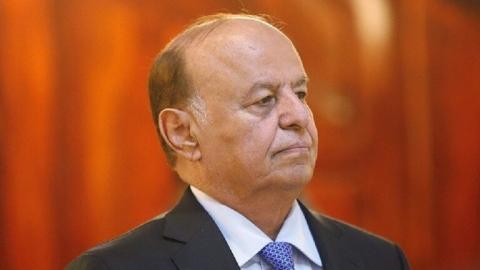Organizations Working to Save Lives in Yemen


Yemen is going through one of the worst crises in modern history. Two-thirds of Yemen’s population is facing food insecurity and death due to the COVID-19 pandemic. Moreover, food inflation has skyrocketed, further exacerbating Yemen’s food insecurity. The cost of a single food basket has increased by 60%, while general food prices have increased by 150% since Yemen’s conflict began. Internal assessments in Yemen have determined that 238,000 individuals are facing catastrophic levels of hunger. Additionally, more than half of Yemen’s population lacks access to clean drinking water and sanitation, which has caused COVID-19 death rates in the country to grow exponentially.
Statistically, Yemen remains one of the world’s least developed countries, and child malnutrition rates are among the world’s highest. Half of all Yemeni children under 5 years old have had their growth stunted due to malnutrition.
The United Nations Office for Coordination of Humanitarian Affairs has proposed a ceasefire in Yemen. Still, without a ceasefire, Saudi blockades and airstrikes make it difficult to deliver aid to the country. However, three aid organizations are working to provide direct aid on the ground. The Borgen Project is also pushing representatives in the U.S. to vote for aid bills that will repair Yemen’s social infrastructure.
Islamic Relief maintains a field staff of 3,000 people on the ground in Yemen. Islamic Relief also assists organizations like the International Rescue Committee, Rafah International and Doctors Without Borders to provide aid in Yemen. It also helps these international organizations identify areas of need and navigate the country safely.
Islamic Relief has delivered life-saving aid to some of the most dangerous areas in Yemen, including Ta’iz, Saa’da and Aden. It has also successfully implemented integrated nutritional programming for starving children, rehabilitated water sources and water tanks and distributed medications and healthcare resources to high-risk individuals. Additionally, Islamic Relief provides orphan sponsorship programs for Yemeni children as a response to the growing number of children navigating the disintegrating social structure alone after the passing of their parents due to the ongoing conflict.
Rafah International has provided important resources to Yemen in response to the COVID-19 pandemic. Rafah International is headquartered in Yemen’s Hadramawt region and has been operating since 1997. These resources have included medical supplies, medical equipment for health centers and hospitals and personal protective equipment. The organization has also provided resources since 2015 to areas most impacted by the conflict, including Aden and Hudaydah.
Moreover, Rafah International continues to assist refugees in escaping the country and sponsors multiple initiatives that benefit the starving population. Its Feed Aden project is centralized around a food kitchen in Aden called Matbakh al-Aydarus, which provides meals to hundreds of people daily. The kitchen has also begun to complete its meal dispersal program through deliveries, in response to the COVID-19 pandemic. It can provide at least 700 meals per day to the population of Aden. Rafah International also provides an initiative that sponsors goat and sheep donations to individual families. Additionally, the organization is leading a program that aims to provide clean water to families in Yemen.
The International Rescue Committee (IRC) focuses on preventing deaths as COVID-19 spreads throughout the country. The IRC is concentrating efforts on preparing healthcare workers, deploying mobile medical teams and supporting medical facilities with resources. The organization is particularly concerned with addressing the dwindling level of aid Yemen receives and the United Nations’ decision to cut 75% of its funding to Yemen.
Additionally, the IRC reports that a recent appeal for United Nations aid was short by at least $1 billion. In Aden, this means that food prices will continue to grow exponentially, and 2.4 million children in Yemen will continue to be pushed to the brink of starvation. Additionally, 60 of the country’s 333 districts have no doctors. With most of the population suffering from acute malnutrition, it will be significantly challenging to save Yemen’s population from hunger and death without crucial funding and aid.
The Borgen Project is continuing to lobby Congressional leaders to support Foreign Aid bills. If U.S. Foreign Aid is redirected toward Yemen, it will allow Yemen’s infrastructure to be rebuilt, enabling aid organizations to work within Yemen and assisting individuals in need.

Yemeni officials on Monday condemned arrests and prosecutions by the Iran-backed Houthi militia directed against media, journalists and celebrities…

Yemen's warring parties are gearing up for new waves of conflict in 2023 amid a lack of decisive steps towards sustainable peace, adding to the suf…

The UAE will help to recruit doctors and deliver crucial supplies for hospitals in Yemen under a major healthcare drive. The Khalifa bin…